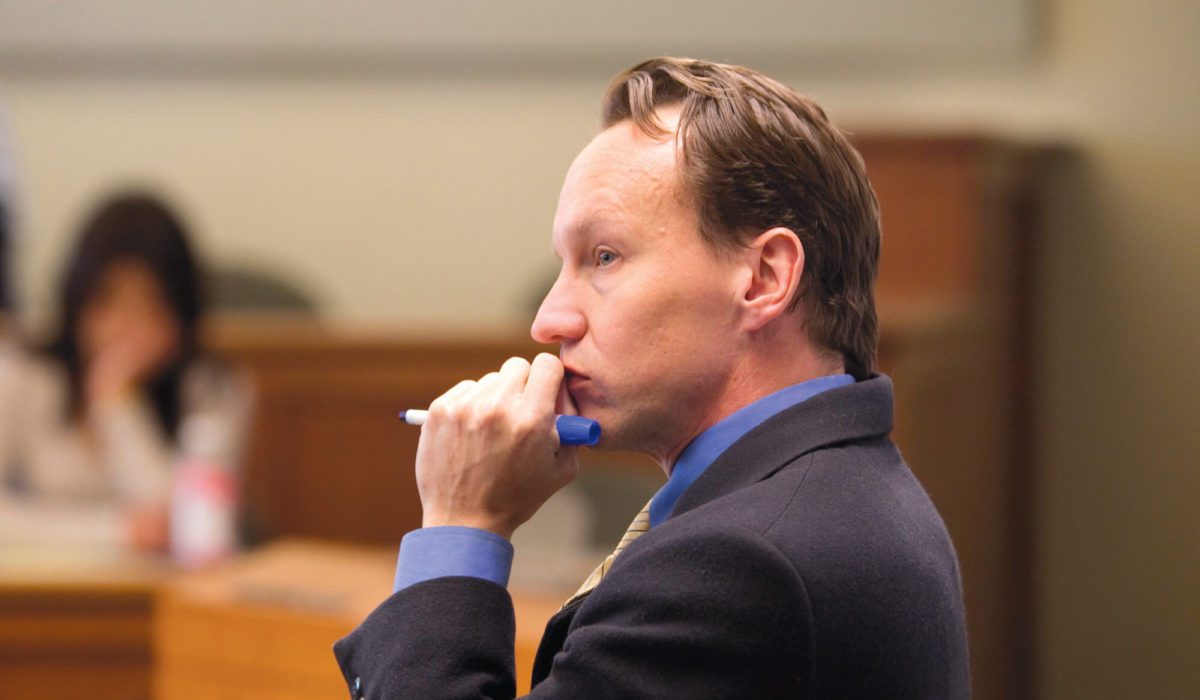Game theory expert

Professor John Morgan, an economist who found elegant ways to analyze the world through the lens of game theory and whose popular classes and sage mentorship made a deep impression on students, died Oct. 6 at age 53.
During his nearly two decades at Berkeley Haas, Morgan left his mark through his unconventional teaching that drew on strategy games he invented; his wide-ranging research on pricing and competition, auctions, expertise, and voting; and his generous leadership. He had been struggling with an autoimmune disease, but he continued with his research and had planned to resume teaching in the spring.
“It didn’t take long for anyone who met him to realize that his small physical stature was a disguise for the giant of a person he was,” said Prof. Steve Tadelis. “We have great researchers, we have great teachers, and we have people who give freely of themselves. But I cannot think of a single person who embodies all three of these at the extreme levels that John did.”
Morgan was the Oliver E. and Dolores W. Williamson Chair of the Economics of Organizations, co-director of the Fisher Information Technology Center, founding director of the Xlab, faculty director for Berkeley Executive Education, and a member of the California Management Review editorial board. He was the inaugural winner of the Williamson Award, Haas’ highest faculty honor, and won the Cheit Award for Excellence in Teaching in 2006.
He was devoted to his students, a number of whom became good friends and repeated co-authors after they graduated.
“He would generously give his time to PhD students. He put in the hard work to make them better—and they did quite well on the job market,” said Bo Cowgill, PhD 15, now an assistant professor at Columbia University. “Yet he also cared about things outside of academic success and climbing the career ladder. … He was like a father figure or a mentor for questions about life.” Adds Cowgill, “On top of that he was hilarious—he could bring down the house with his mixture of humor and insights on game theory and economics.”
Morgan’s game theory class was one of the most popular at Haas. Students competed in his signature strategy games, which he incorporated into a semester-long game based on the reality TV show Survivor. He said he wanted to teach students to be “outward thinkers,” by which he meant they would need to be able to relate to others to succeed in business.
“You don’t really learn how to empathize by having some professor tell you about the need to empathize. … You actually have to do it,” Morgan said.
Plans for a memorial are still being discussed. Donations in Morgan’s memory may be made to the American Autoimmune Related Diseases Association (AARDA) or The Humane Society of the United States.